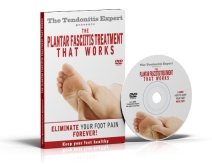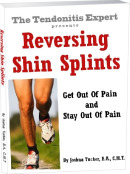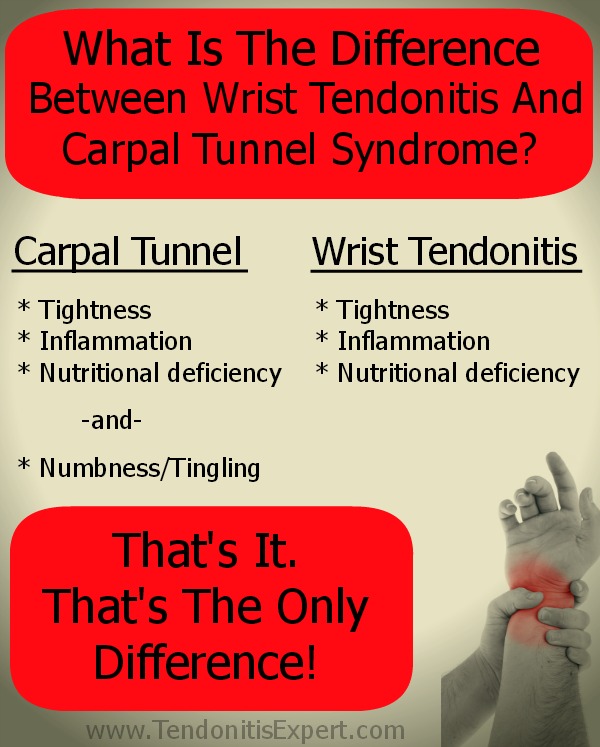Tips For Upcoming Plantar Fasciitis Surgery and Foot Surgery In General
by Lisa
(Charleston, SC)
I've had heel/foot pain for over 20 years. I was diagnosed with plantar fasciitis at that time by my Primary Care Dr and was sent to see a Podiatrist.
After the usual stretches, anti-inflammatories, custom made orthotics (inserts and custom sandals), etc. the constant pain receded enough to be bearable.
For the next 15+ years, I'd have 'flare-ups' which would be treated with new anti-inflammatories and the usual stretches.
A couple times I was sent to physical therapy for help, and I also tried chiropractic to see if that would help.
Over the last couple years, the pain increased and became constant. I've seen my PCP and was sent for new custom orthotics inserts. When that was no help, I was referred to a new Podiatrist.
After hearing my history, taking x-rays, etc. we tried different medicines, increased stretching exercises, and eventually cortisone shots (I've had 3 in each foot over the last 8 months).
If lucky, my pain would be reduced for a very short time, then increase again.
My podiatrist also diagnosed bunions on both feet.
Since I've found little relief with all other treatments I've tried, he convinced me that surgery is my best option. I'm scheduled to have plantar fascia release and bunion removal (including 'cleaning' the mild arthritis in the joint and pinning my toe(s) in place) in Feb. 2016 for my right foot, with the same procedures to be done on my left foot sometime later.
My feet have been in pain for so long that I hardly remember what it's like to not hurt at the end of the day, or even during the day! The last year or so has added unexpected cramping at odd times - sometimes along the arch of my foot, sometimes at the base of any/all toes, sometimes in the heel, sometimes while walking/moving, sometimes while sitting - no rhyme or reason that I can see!
I say the Dr. convinced me because as a single mom of 3 teens (no drivers yet!), the idea of not working for several weeks (even though I'll be able to collect short term disability) and limited walking/standing and no driving is not something that makes me feel very comfortable.
I'm fairly nervous regarding the surgery, especially since the fascia release seems to be almost hit-and-miss as far as relieving pain. Are there any tips for making the surgery more likely to be successful and/or reducing the pain/problems after surgery?
----
Joshua Answers:
Hi Lisa.
How did the foot surgery go?
You asked: "Are there any tips for making the surgery more likely to be successful and/or reducing the pain/problems after surgery?"
Yes.
I will answer that in two parts, 'Before Plantar Fasciitis Surgery' and 'After Plantar Faciitis Surgery'.
Smart Tips To Prepare for Plantar Fasciitis Surgery
a.k.a. How To Get Better Results From Your Foot Surgery
Part of a successful recovery is being prepared for your return from surgery. Part is setting the best possible plan for recovery from surgery for Plantar Fasciitis (or other variations of foot surgery).
And part is getting your body prepared for the surgery itself.
1. You're going to be on crutches and/or knee roller/knee scooter/knee walker, so:
1a. Obtain the crutches and/or knee roller before surgery.
1b. Practice on the crutches and/or knee roller. Get comfortable with them.
You DO NOT want to get surgery, wake up, and then trying to obtain crutches and/or knee roller
You DO NOT want to learn how to use crutches with a freshly operated on foot.
And you REALLY DO NOT want to fall or have a misstep (landing on your newly operated on foot).
So practice first.
2. You're not going to be up and around for minimally a couple few days, and you need to eat, so:
Depending on your support system, have food etc pre-made and
If you have family in the home that can/will bring you food and drink, great.
If you don't, then prepare a couple weeks worth of meals ahead of time.
You don't want to be hungry. And you don't want to have to be on your feet to feed yourself. The more you're up, the more you are at risk for accidentally coming down on the injured foot and/or irritating it in general.
3. Dose up with Vitamin C.
There is a lot of research out there showing that high dose Vitamin C reduces recovery time from surgery. Even as little as 250 mg a day of vitamin C after surgery cuts the healing time in half.
Vit C is used for connective tissue growth/production/healing, and is an immune system bolster.
Granted, that research wasn't on foot surgery specifically, but you want to increase your odds of better surgery outcomes. So you may want to intake minimally 1,000mg of Vit C, and up to 20g. (4,000mg/day is probably just fine)
It will be tough to do the higher end of that range with the usual Vit C pills and such you find on the shelve, so look for something like the specially buffered Vit C powder in the Tendon Repair Pack.
Vitamin C the week before surgery, and 1-2 weeks after surgery.
4. Quiz Your Doctor.
Make sure you know what your surgeon is going to do in there.
Make sure you know that they know what is going on in there.
Quiz Your Doctor
Ask for detailed post-surgery self-care recommendations.
Know what pain killers you're going to be on, and where you're going to get them. Ideally, get them BEFORE surgery. You won't be in the mood to get them afterwards.
Will you be on antibiotics? If so, what kind? For how long?
You may want to take steps to make sure that you don't get prescribed a fluoroquinolone like Levaquin or Cipro.
Ask for the Post-surgery rehab routine/plan that s/he is going to set you up on.
5. Get your body and tissue in better shape for surgery.
I admit I'm biased against surgery and towards fixing the causes of the problem.
Maybe you can get rid of pain and problem with 'The Plantar Fasciitis Treatment That Works' program DVD and the Quick Start Companion ebook that comes with it.
But what you definitely can do is to 'relax' the too tight tissue that is aggravating (if not causing) the problem, get your body and tissue healthier and more beneficially responsive to the trauma of surgery via following the nutritional plan in the program, and decreasing inflammation that is pumping pain enhancing chemical into your body (locally and then spreads elsewhere).
The more you do that, the easier your body will be able to withstand the insult of injury from surgery AND the better it will be able to recovery and heal (faster, and with less pain) after plantar fasciitis foot surgery.
6. If they are putting you under for the surgery (or even if they don't), there is a lot of research on listening to 'positive messages' while you are in surgery. Reduced pain levels post-surgery and even faster recovery.
7. See the Post-Surgery section and as appropriate, get it in your house/have it ready BEFORE surgery.
----------------------
Please reply using the comment link below. Do not submit a new submission to answer/reply, it's too hard for me to find where it's supposed to go.
And, comments have a 3,000 character limit so you may have to comment twice.
-----------------------

Joshua Tucker, B.A., C.M.T.
The Tendonitis Expert
www.TendonitisExpert.com
| |
Comments for Tips For Upcoming Plantar Fasciitis Surgery and Foot Surgery In General
|
||
|
||
|
||



